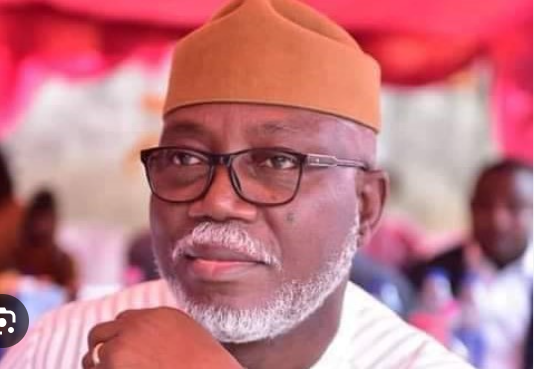The Muslim community in Ondo State has called on Governor Lucky Aiyedatiwa to include them in the next round of appointments to ensure his government is all-inclusive.
In a letter addressed to Aiyedatiwa on Tuesday, the Chairman of the League of Imams and Alfas in the state, Chief Imam Sheik Ahmed Olagoke Aladesawe, said the call became necessary due to alleged marginalisation of Muslims in the appointments made by the late former Governor Rotimi Akeredolu.
Aladesawe noted that Muslims in the state had been reduced to sub-human beings in the political appointments of the state.
He said, “Previous administrations strategically and critically marginalised the Muslims of Ondo State. Muslims in Ondo State today have been reduced to sub-human beings. We are not in government, and we are not involved in governance.
King Charles III leaves London hospital
Resident doctors declare 72-hour strike over assault on doctors, healthcare workers
“In the administration of Arakunrin Oluwarotimi Odunayo Akeredollu (SAN) the Muslims were not in any of the 10 principal officers of the government.”
While lauding the achievements of Governor Aiyedatiwa in office with the payment of backlog of salaries and a promise to give infrastructure a facelift in the state, Aladesawe asked the governor to look for technocrats who were Muslims and appoint them into his government.
He further said, “Mr Governor, sir, we will advise that Your Excellency should avoid like plague anyone, group or associations, no matter their religious affiliation, that may suggest or advise Your Excellency not to listen to the Muslim community of Ondo State.
“They are your enemy and the enemy of your party. Your Excellency should not quickly forget what they said and did to President Tinubu and your party in the last general elections.
“Such people are sycophants; they are worse than cancer and are indeed mistletoe who will always perch on any conducive host tree.”
Remarking on the concerns raised by the Muslim community leaders, Governor Aiyedatiwa said the absence of Muslim representation in recent appointments made so far wasn’t deliberate.
He explained that decisions were made based on political considerations rather than religious affiliation, stressing the unity of the people regardless of faith.
He assured that future appointments would take into account the diverse interests of the state’s population.

 Join Daily Trust WhatsApp Community For Quick Access To News and Happenings Around You.
Join Daily Trust WhatsApp Community For Quick Access To News and Happenings Around You.